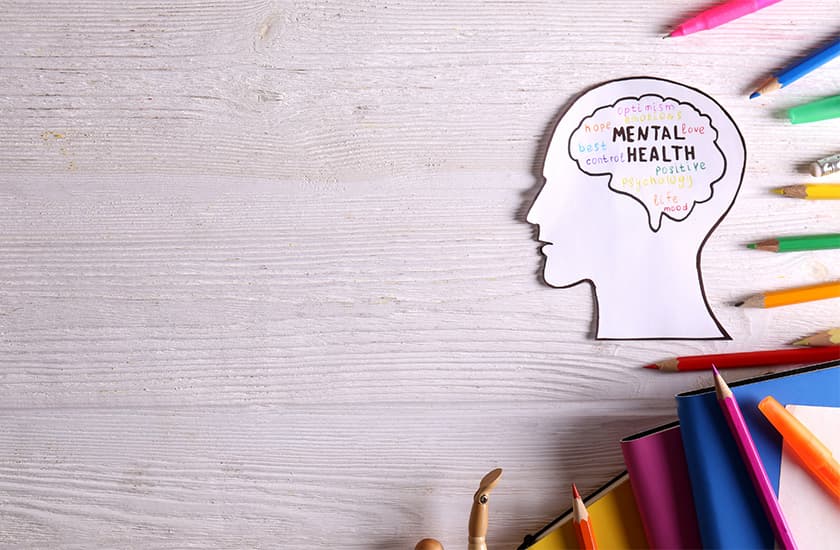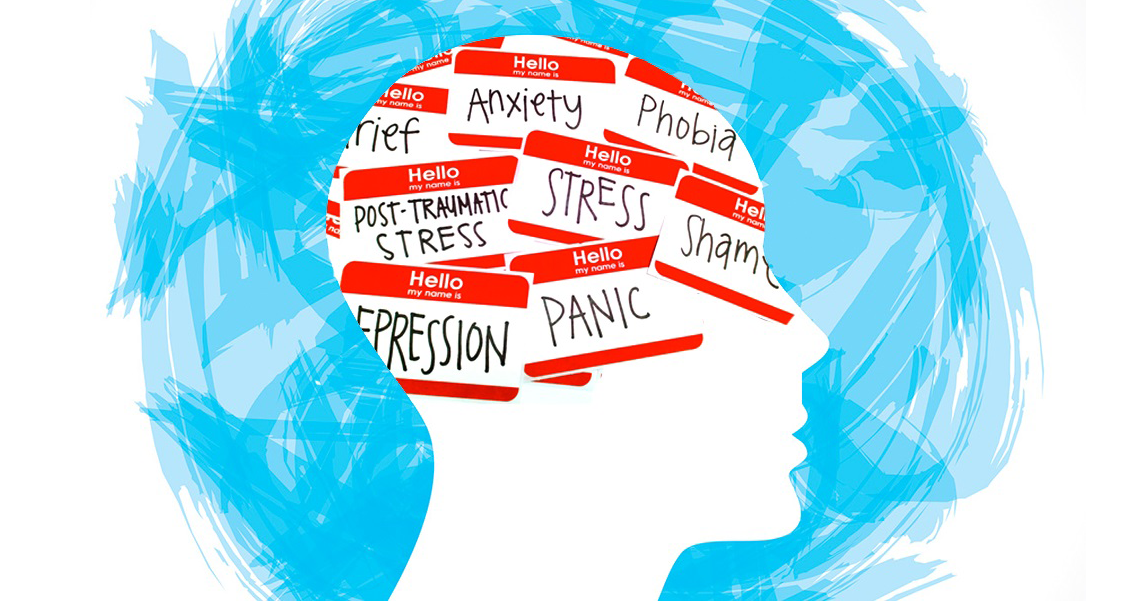Although the phrases "mental health" and "mental wellness" may seem to be synonymous with one another, there are in fact some significant distinctions between the two. The word "mental wellness" refers to a more comprehensive concept that encompasses all elements of our overall good functioning, while "mental health" primarily refers to the health of our brains and the stability of our emotions. Let's investigate the meanings of each of these phrases and figure out how we can make both of them better.
What is mental health?

The status of our mental functioning as a whole is referred to as our mental health. Being emotionally robust, being able to operate in society, and being able to manage the demands of everyday life are all attributes that are associated with having a good mental state.
Having said that, around twenty percent of individuals in the United States may deal with a mental health issue in any given year. An individual is said to have a mental health illness when they are experiencing a disturbance that has a negative influence on their mental state, their physical state, and their capacity to do productive work. Anxiety disorders, depression, and bipolar disorder are all examples of conditions that fall under the category of mental health problems.
What is mental wellness?
In the context of holistic health, mental wellness is defined as the process of creating a good state of mind. Stability and good functioning in the emotional, social, and psychological domains are what it signifies, rather than just the absence of mental disease. It is more than just the absence of schizophrenia.
The following are indicators of mental health:
- Being emotionally resilient and able to cope with life’s challenges.
- Being aware of your strengths and abilities.
- You can sustain healthy relationships.
- You’re able to work productively.
- You’re engaged with your
10 tips to improve your mental health and mental wellness
Although there are ways in which the two concepts are unique from one another, it is important to note that they are, to a significant degree, interconnected. There is no way to refute the fact that our mental health has an effect on our mental flourishing.
Some helpful suggestions for enhancing one's mental health and overall wellbeing are as follows:
- Get involved in a cause: You don’t need to march in the streets to stand up for a cause. If you believe in something and want to make a difference, reach out to an organization and offer to help.
- Take up a new hobby: Mental wellness gets a boost when we break out of a rut and test our own boundaries. Some new hobbies you can try are: learning a new language, reading the classics, making jewelry or trying kayaking.
- Volunteer your time: Nothing improves your mental wellness like doing something nice for another person. Get involved in a local charity where you can use your skills and compassionate nature to help others.
- Listen to music: Music soothes our minds and invigorates our souls. Make it a priority to make music part of your daily life.
- Improve sleep quality: There are immense mental health benefits from getting enough quality sleep. Stick to a regular sleep routine, and even treat yourself to a warm bath before bedtime.
- Start a gratitude journal: Your mental health and wellness will get a boost when you stop and acknowledge your daily blessings. Keep a gratitude journal where you can put down in words all that you are grateful for.
- Make new fitness goals: Exercise is an excellent way to improve all areas of wellness. Choose a physical activity or two to help you reach new fitness goals.
- See friends in person: Texting and email are fine, but there is nothing as edifying as seeing a friend or loved one in person. Nurture your relationships and deepen connections by visiting friends live.
- Reduce stress: Our mental health can be affected by chronic stress, so reverse that trend by learning ways to reduce the stress in your life. If you feel stressed, try meditation or yoga to reach a calm mental state.
- See a therapist: If you believe your mental health is not optimal, why not schedule an appointment with a therapist? Therapy can be instrumental in achieving better mental health and mental wellness.
In order to put your mental health and fitness first, you need establish some objectives. Make preparations to participate in any activity that will assist you in feeling involved and productive in your day-to-day life, such as taking up a new hobby, improving your sleep, reducing stress, or any other activity.
In the field of comprehensive, evidence-based treatment for drug use disorders, Ashley Addiction Treatment, which was originally known as Father Martin's Ashley, is a nonprofit organization that is well renowned with national recognition. Our programs have been granted accreditation by The Joint Commission, and they have led to the publishing of several articles that provide continuing research into treatment methods that are beneficial. Through inpatient and outpatient therapy, we provide holistic care that spans the mind, body, and spirit. Additionally, we provide drug detox, relapse prevention plans, family wellness programs, and a range of other services that are personalized to meet the specific requirements of each individual patient. Our concept of healing with respect and dignity is reinforced by our driving premise, which is "everything for recovery." This principle serves to strengthen our purpose to change and save lives via the science of medicine, the art of therapy, and the compassion of spirituality.

